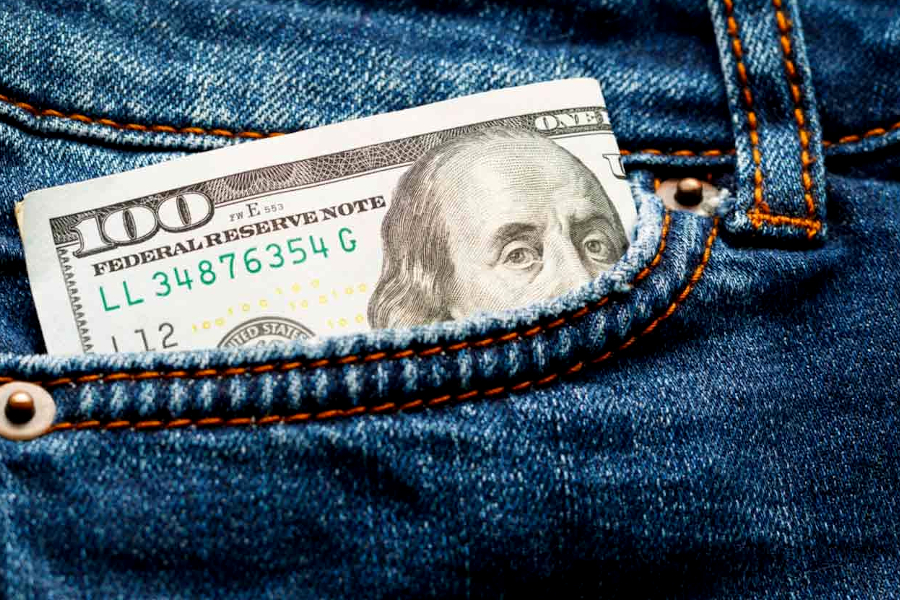
Let’s be honest, when it comes to spending our money, we can all be a little haphazard and lackadaisical.
That’s not to say we go out of our way to spend more money than is necessary, but we do sometimes put very little thought into our spending – and if a price seems “normal”, we’ll pay it without question.
With that in mind, it’s very likely that you’re overpaying for a number of everyday products and services. There are cheaper options available when it comes to pretty much everything you can think of – and we’d like to help you that.
Here are twenty-five solutions to things you’re probably overpaying for…
25. eBooks
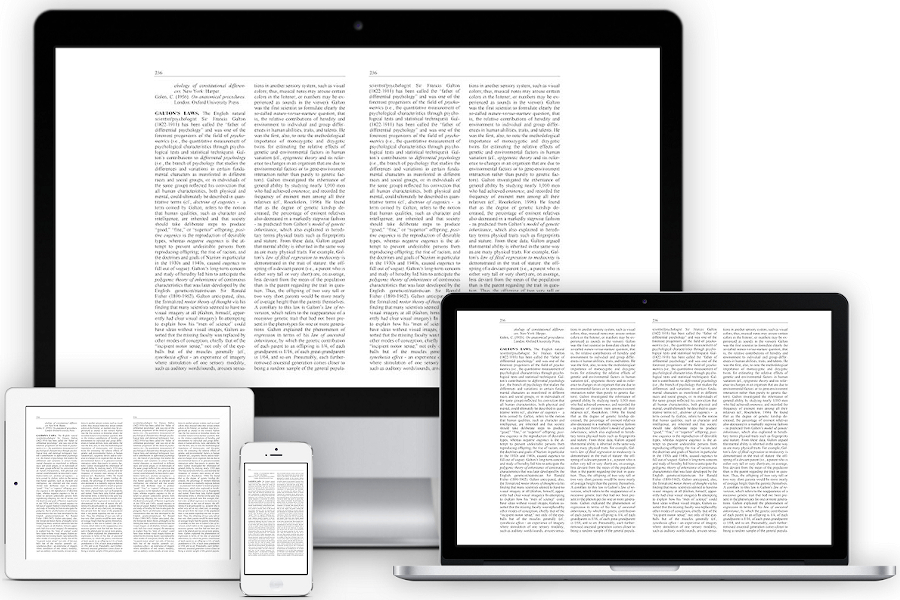
When it comes to reading, eBooks are pretty much as popular as hard copies these days – but unless your tastes run into the truly bizarre and niche, there really is no excuse for paying to download them.
For starters, you can probably download all the best-sellers you could possibly need from your local library, but if you have an Amazon Prime membership, you already have access to hundreds of freebies through a feature called Prime Reading.
24. Movies

As well as providing you with a cheap eBooks solution, your local library probably has a good collection of DVDs and Blu-ray discs for you to take out and watch at your leisure – and they might even offer you the ability to stream movies for free from home.
But, of course, as with those aforementioned eBooks, if you have Amazon Prime, take a look on there, as well. Prime members can watch many of the titles available through Prime Video for absolutely nothing.
23. Magazines
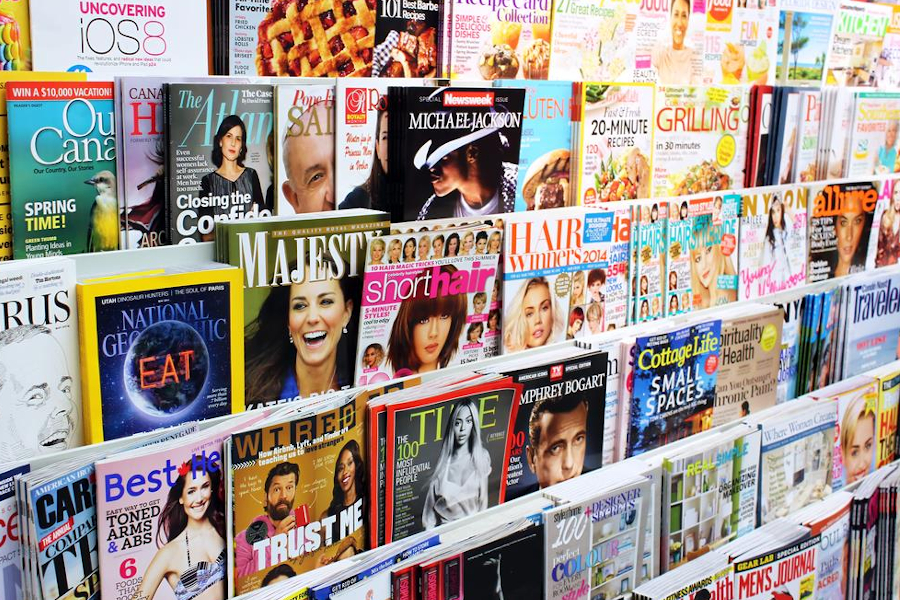
Be honest, when you buy a magazine, how often do you simply spend a few minutes skim-reading the few articles that look appealing, before throwing it into the trash? Pretty much every time, right?
Granted, that might not apply to the likes of cooking or woodworking magazines that you can use over and over, but when it comes to celebrity wedding photos and things like that, do you really ever look at them more than once? Simply acquire quick reads from the library or read the same stories in the online editions.
22. Bottled Water
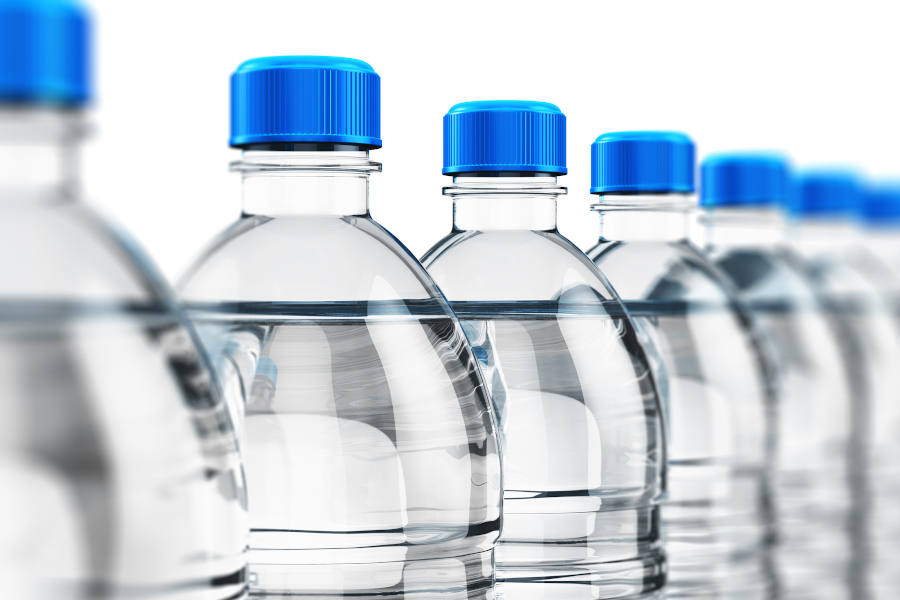
Let us tell you a secret about bottled water: While companies promote it as crisp, pure spring water, it’s often just water that comes out of the ground – which is essentially what the water that comes out of your faucet is – and unless you live in an area with known contamination, there’s no guarantee the bottled water you pay for at the store is superior to what comes out of your tap.
So why not just buy a faucet filter or a pitcher filter instead? Purchase a reusable bottle to chill it in and carry your own “free” top quality water with you wherever you go.
21. Medication
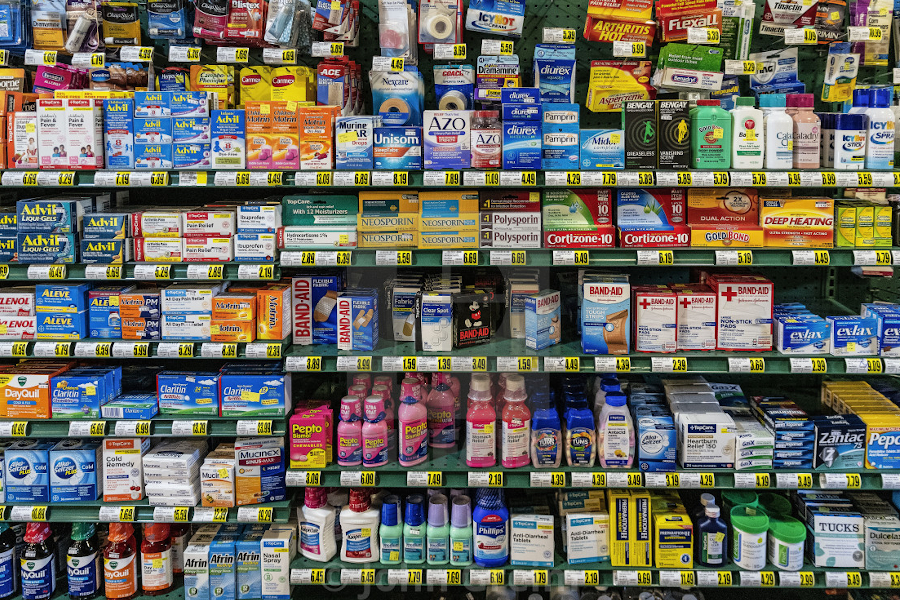
Brand-name drugs are a huge business, which means pharmaceutical companies spend a lot of time and money trying to convince you to buy items with their name on the label. However, instead of paying over the odds for brand name over-the-counter medication (such as painkillers or pills to help you sleep), consider buying generic store brands instead – they could be as much as five times cheaper.
According to the U.S. Food and Drug Administration (FDA) “all generic drugs approved by FDA have the same high quality, strength, purity and stability as brand-name drugs. In addition, FDA inspects facilities to make certain the generic manufacturing, packaging and testing sites pass the same quality standards as those of brand-name drugs.”
20. Groceries
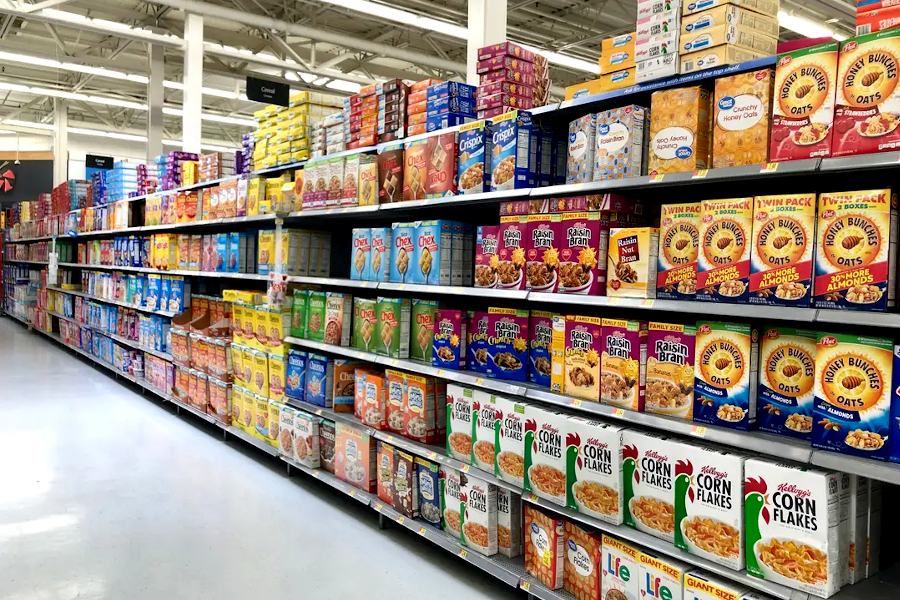
Medication isn’t the only thing you should be rethinking when it comes to buying brand names, because virtually every brand name product is overpriced in comparison to shops’ own generic brands.
Some people actively avoid shops’ own brand groceries because they imagine things like watered-down orange juice and crackers that are like cardboard – but while there are some low-quality generic brands, cheaper supermarket brand products are generally just as good as name brand products when it comes to quality and taste.
19. Credit Cards
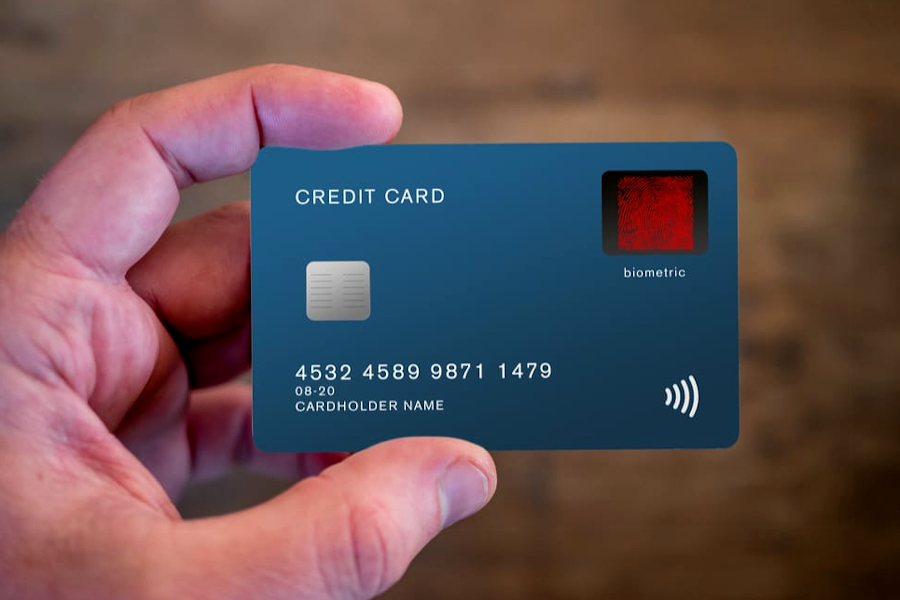
The rewards offered by credit cards – such as cashback and travel perks – can sometimes make us overlook the high interest rate we might be paying on them. If you ever carry a balance over from one month to another, the resulting interest will probably cost you more money than you gain in rewards.
The better option might be to pull money from savings, pay off the card and file the plastic away – but if that’s not an option, at least consider shifting your balance to a no-interest credit card while you pay it down. If you do that, at least you won’t incur more interest charges for as long as the 0% rate lasts.
18. Annual Credit Reports
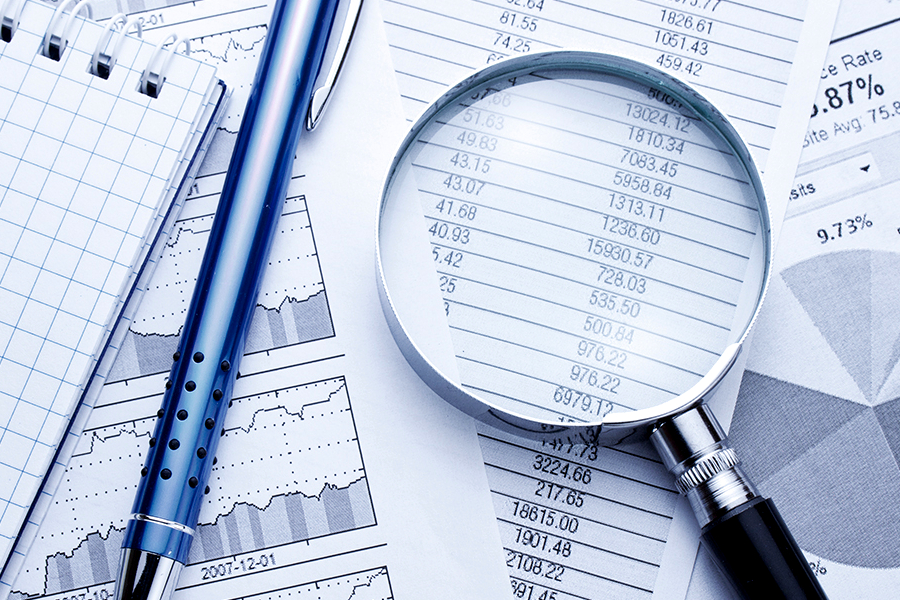
Credit report offers are among the worst “deals” out there – with some of the more unscrupulous companies offering to send you a “free” report in exchange for your personal information, but subsequently sharing that information with those who intend to exploit it i.e. identity thieves. Or perhaps there’ll be a processing fee and tiny print that says you’ll be signed up to some credit-monitoring service you don’t need.
Under federal law, each of the three major nationwide credit-reporting agencies – those being Equifax, Experian and TransUnion – must provide consumers one free report every year. However, there’s only one place where you can officially get a free report – and that’s AnnualCreditReport.com.
17. Antivirus Software
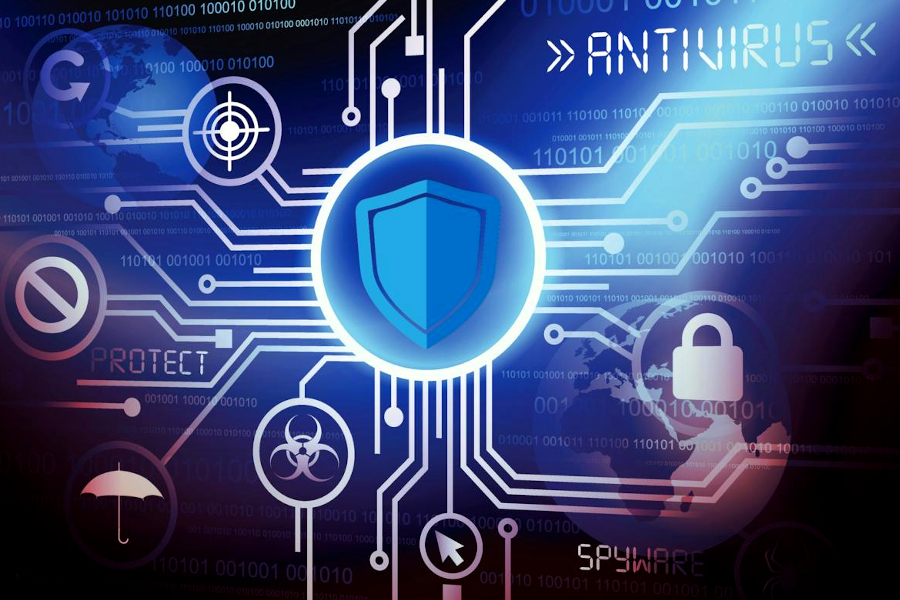
In this day and age, there’s absolutely no doubt that antivirus software is something you need. It protects your computer and data from a variety of threats – and, perhaps more importantly, gives you peace of mind. However, you might be surprised to learn that it’s not something you need to spend any money on.
There are a variety of antivirus programs and other security software available completely free online. Search for things like Malwarebytes and BitDefender Antivirus – or simply type in “free antivirus software” and download the one that you think is best suited to your needs.
16. Smartphone Apps

Yes, it’s very tempting to press the “buy” button on apps that cost 99 cents or a couple of bucks but, more often than not, we barely end up using the apps in question and/or we could have got something similar completely free.
Going forward, simply do a little research before you buy an app. There are plenty of great free iPhone apps and Android apps – and most of them are just as good as the costly alternatives (which may be cheap, but that builds up over time if you’re buying them regularly!).
15. Laundry Detergent
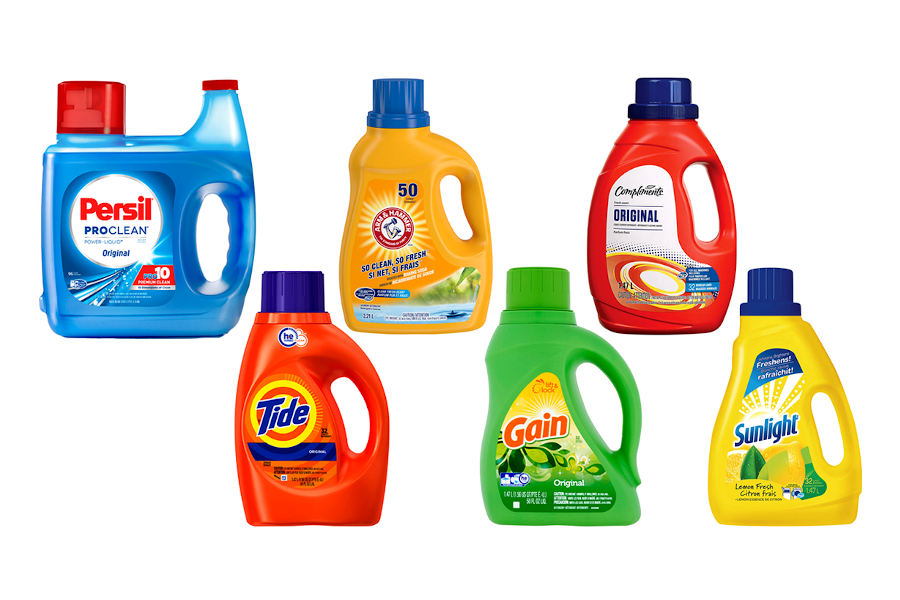
As with groceries, name brands often mark up their prices on laundry detergent, so you’re more than likely be overpaying on those bottles and pods – but there’s a very easy way to save money on it.
Simply buy in bulk from a wholesale club store like Costco or on Amazon – and make sure you always use a coupon. An even better idea is to consider making your own laundry detergent at home, which would save you over 25 cents per load (just make sure you read the instructions on how to make it very carefully).
14. Toothbrushes
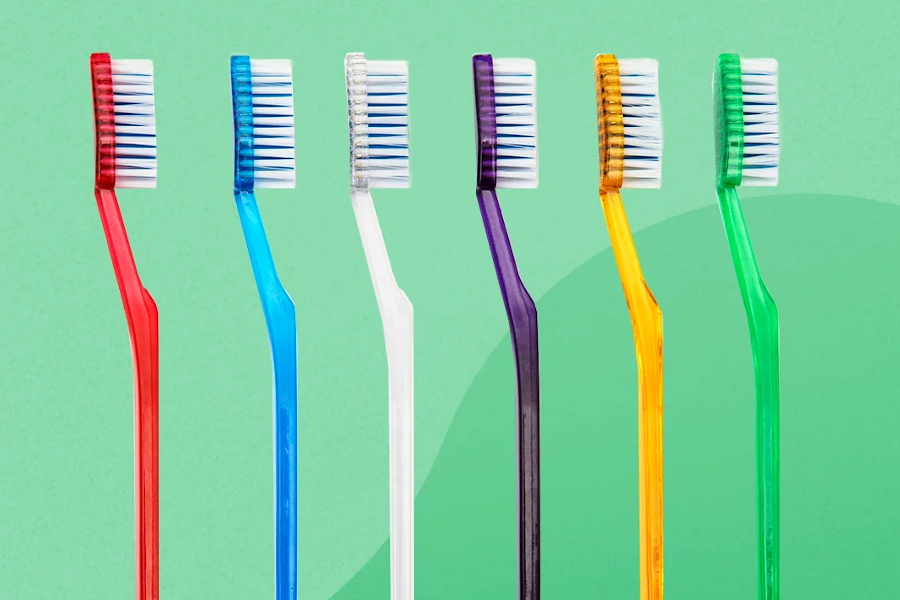
Now, if you change your toothbrush as often as you should be changing it, you’re probably buying a new one every three months or so – but if you are doing that, you’re wasting your money.
Assuming you’re responsible enough to be visiting the dentist a couple of times per year, you really should be getting a completely free toothbrush every six months. Even if you only get one toothbrush per visit, you’re still having to buy less toothbrushes than you would normally – but a real pro-tip is to ask for two free toothbrushes every time you visit!
13. Wine

It’s hardly a revelation when we say that wine by the glass at a restaurant is often insanely overpriced – like “as much as some bottles” overpriced, because it can actually be marked up by 400 percent compared to the price you’d pay if you bought the bottle yourself at a store or from a distributor.
So, when it comes to the vino, save money by buying wine in bulk and then taking it to a restaurant with a BYOB (bring your own bottle) policy. Easy!
12. Electricity

You probably don’t realise it, but there’s a very strong chance that you’re overpaying for your electricity – and it’s more than likely that it’s because of your own doing, as opposed to you being overcharged by the electric company.
From leaving devices plugged in and turned on to forgetting to turn off the light when you leave a room, it really can all add up. Simply being more vigilant, upgrading to LED bulbs, using smart plugs and other money-saving tech can save you a heck of a lot of dough over the course of a year.
11. Jewelry
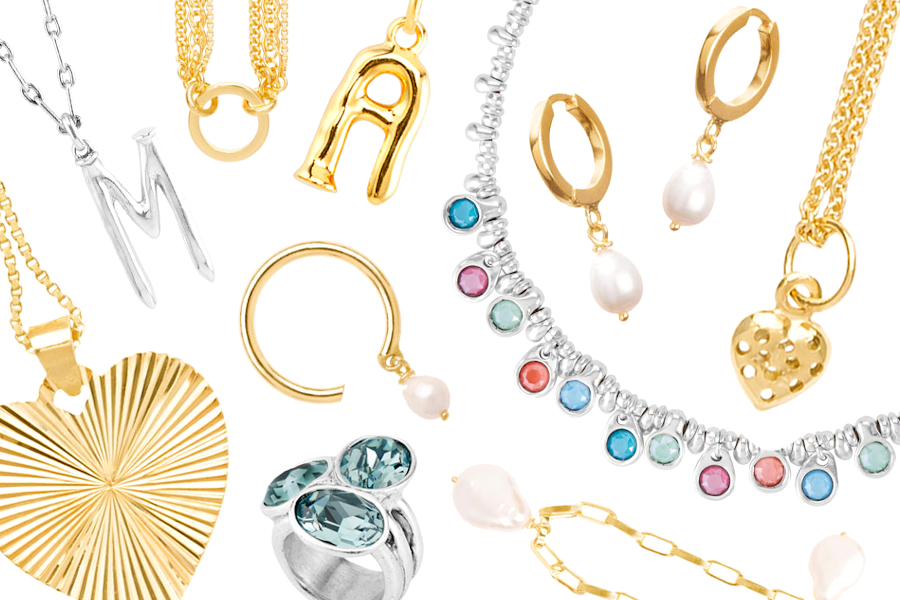
Diamonds can cost buyers a heck of a lot more than their wholesale prices – anything from fifty to two-hundred percent more, in fact – so you’re probably paying a lot more than you should be if you purchase them from a jewelry store.
On that note, if you can buy them directly from a wholesale company, you really should do that. Alternative ways to save money on diamonds include compromising on the various factors that determine the diamond’s worth or even buying them online – and that applies to all jewelry, for the record.
10. Makeup
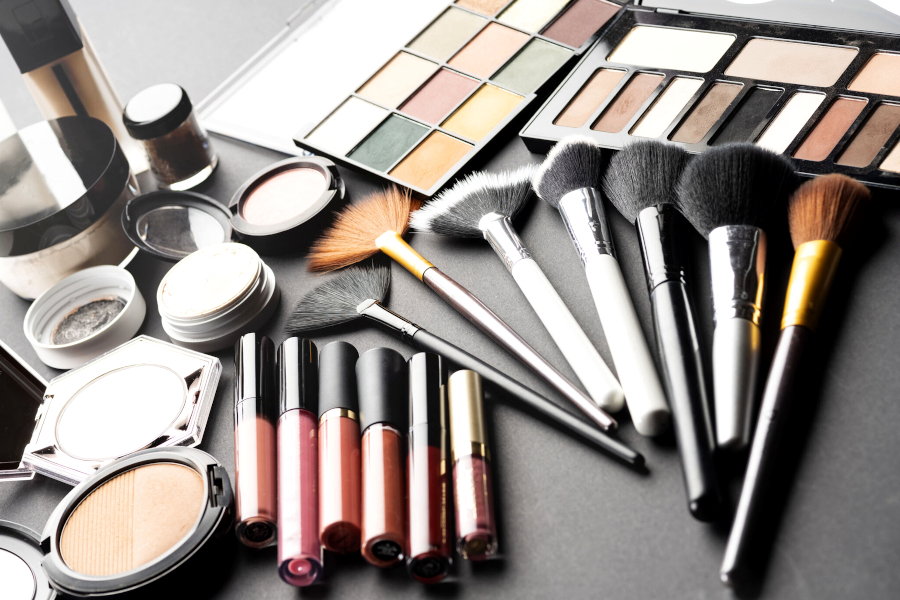
Makeup is one of the most marked up products out there – and it’s really not worth what you’re paying for it. You could be paying up to eighty percent more than what items like concealer are actually worth.
Never hesitate to try lesser-known, budget-friendly brands – because, if you look closely, they usually have exactly the same ingredients in them as the more expensive and “glamorous” brands. Also, be sure to stock up on free samples whenever you can.
9. Clothes
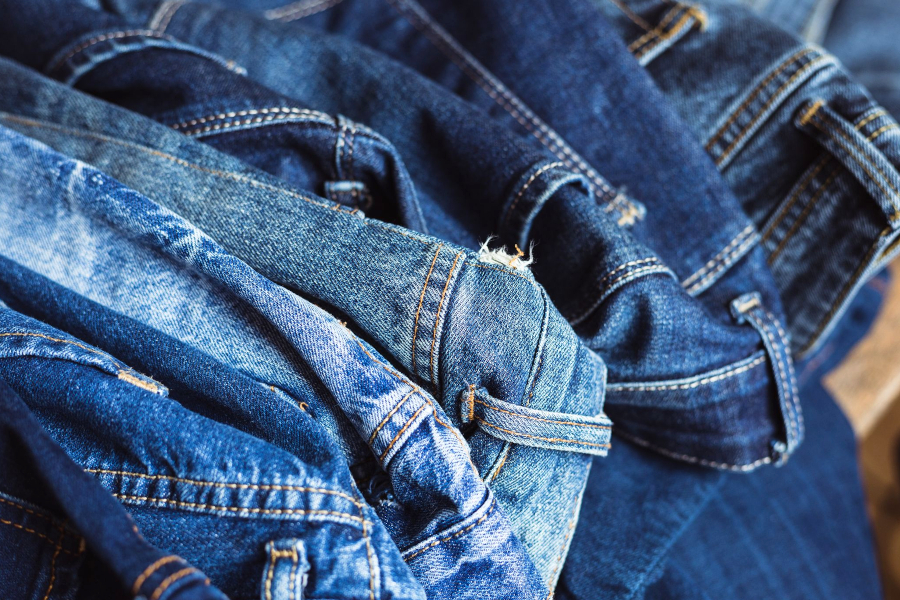
Like makeup, clothes are amongst the most marked up items when it comes to their sale value. Designer jeans, for example, can often be marked up more than eighty percent from what it actually costs to make them, while sneakers might only cost $15 to make before being sold for in excess of $70.
You can easily save money on both clothes and shoes by shopping sample sales, using Chrome extensions to find the best coupons, or even buying gently-used items online at places like eBay.
8. Produce
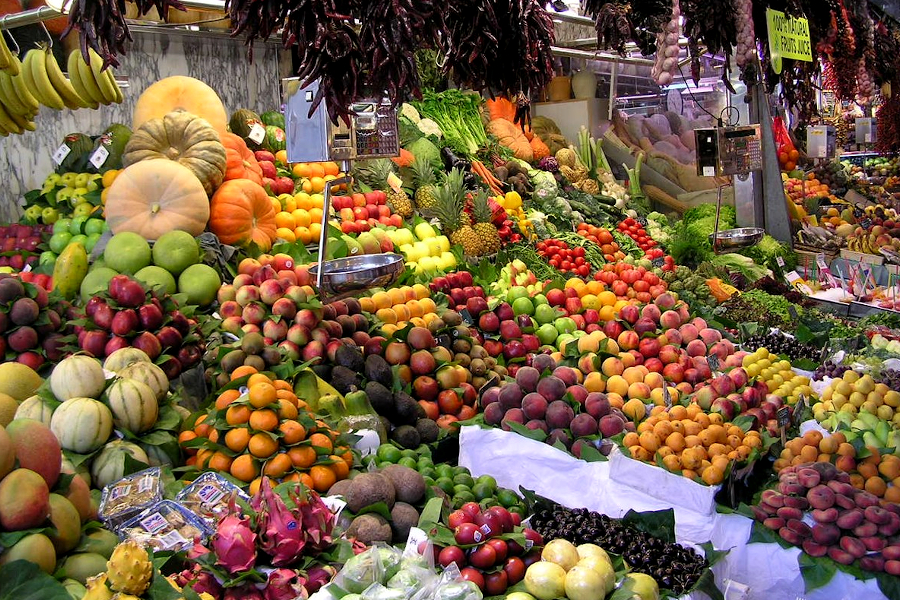
When we spoke about groceries earlier in this piece, we were referring to branded products, but your local grocery store might also be ripping you off by marking up their nicest looking produce by as much as seventy-five percent.
So yeah, people will pay more for the prettiest items when it comes to buying produce, but it’s worth knowing that the oddly-shaped rejects can be bought with fifty percent off. So why not save yourself a few bucks by seeking out the ugly fruits and veggies – it all tastes the same, after all! Oh and don’t even think about buying the pre-cut produce, because that’s ludicrously overpriced!
7. Greetings Cards

When you’ve bought greetings cards from major outlets in the past – you know; birthday, Christmas, anniversary, graduation or wedding cards and the like – you’ll no doubt have noticed that they really aren’t cheap.
They can actually cost upwards of $6 these days – even the ones without the fancy musical gadgets in them – so why not simply head to the dollar store instead? The quality is generally just as good and, at the end of the day, the recipient is probably going to throw it in the trash within a maximum of a couple of weeks.
6. Household Cleaning Products
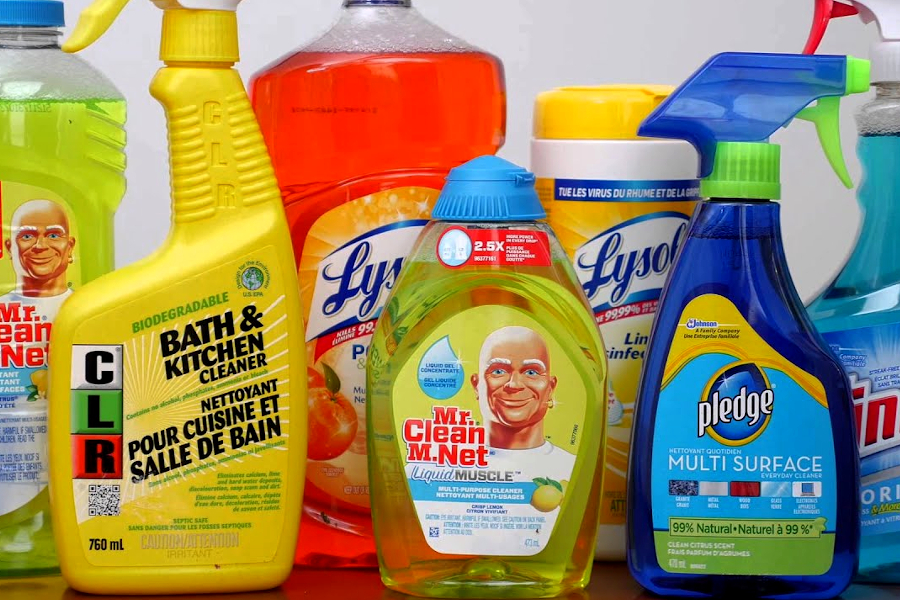
As with several of the other products on this list, the basic ingredients that make up things like detergents, window cleaners and drain cleaners are all the same, regardless of the brand. Essentially, you could buy the cheapest product in the store and get the same results as the more expensive name brands.
However, an even better way to save money is to avoid using store-bought chemical cleaners altogether whenever possible. The ingredients are cheap enough and simple enough for you to make your own. Things like white vinegar, baking soda, salt, lemon juice, bleach, carbonated water and heated tap water can be used for pretty much every cleaning-related problem you could possibly encounter. Try it!
5. Cable TV
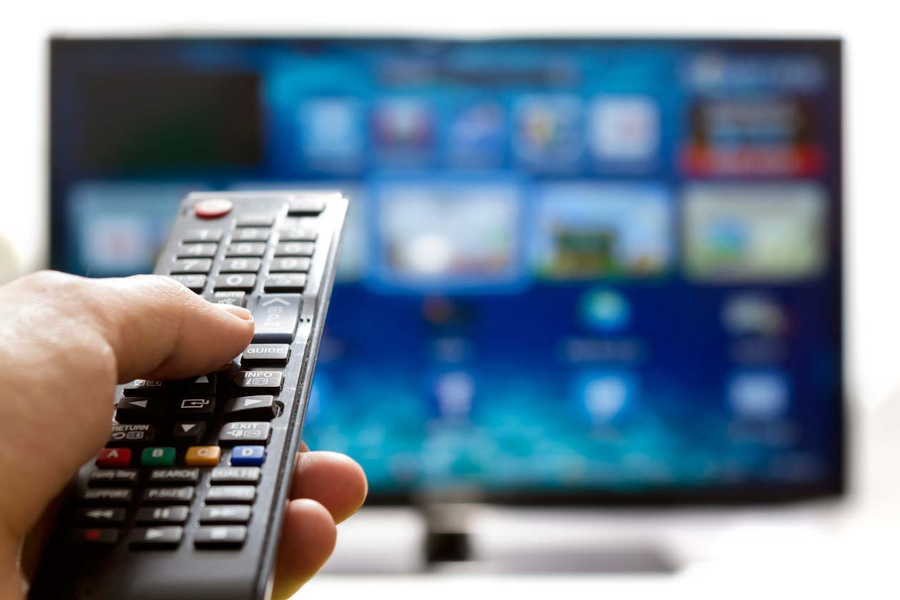
You’ve probably got a fairly expensive cable TV package, right? Well, in this day and age, you can get pretty much all the entertainment you need off the internet. Granted, you might require a few channels to get your news and sports, but you can watch most of your favorite movies and TV shows online – and watch a whole season in one go, if you wish.
Obviously you can also purchase DVD box sets of shows and find all sorts of pop culture content on YouTube – and if you’ve got a PC, you can download games from Valve for incredibly low prices, particularly if you catch them on sale. You genuinely don’t need to waste money on premium cable packages with all of those options available to you.
4. Room Deodorizers
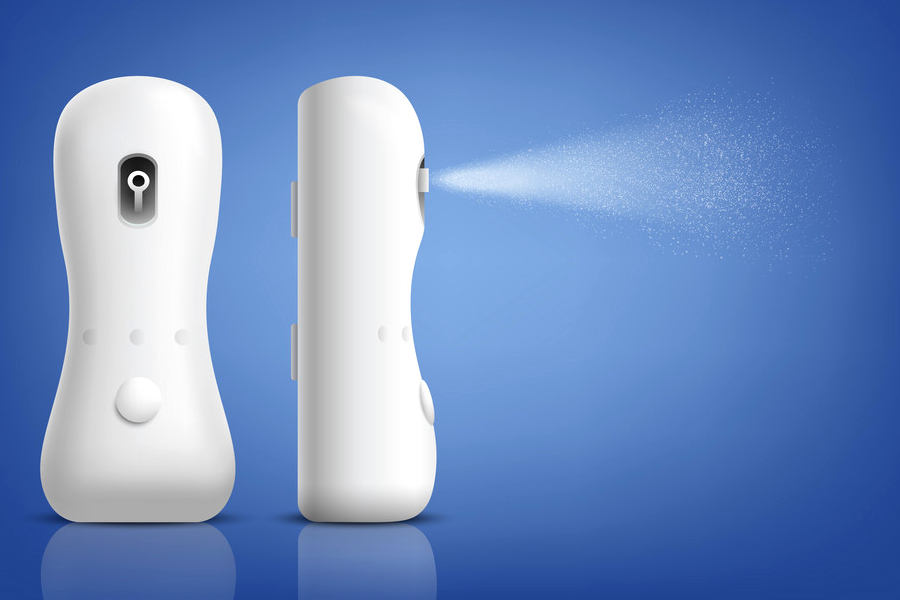
When it comes to making a house smell fresh (and masking any nasty odors that may be lingering), everything from incense sticks, scented candles, scented oils and spray deodorizers can be used – but there are much cheaper alternatives.
If you want to get rid of bad smells, simply pour baking soda on the problematic area and let some fresh air in, while things like orange peels can be placed in bowls to cheaply give a very fresh and pleasant scent to your home.
3. High-Tech Electronics
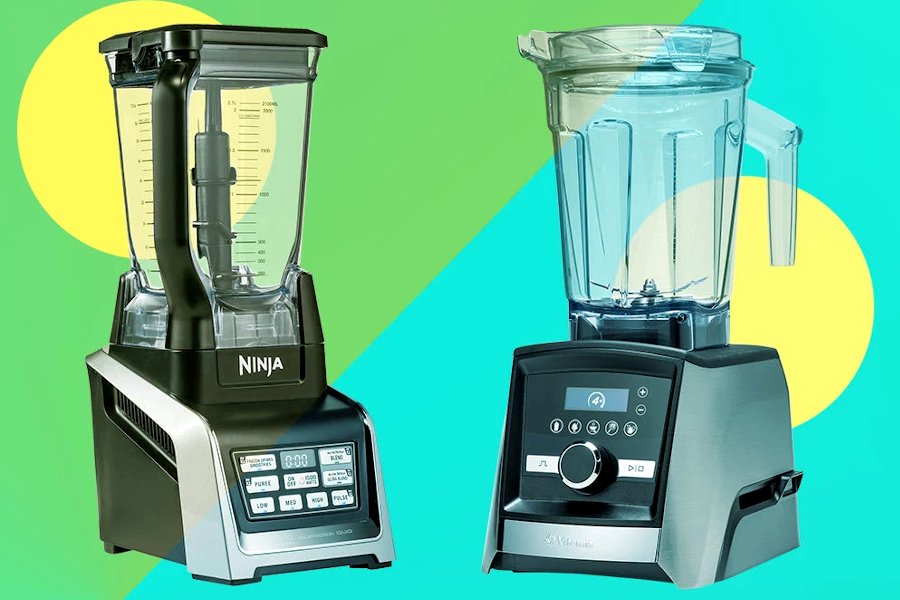
Obviously, if you’re a keen gamer, by all means invest a few hundred dollars in a next-gen console and a couple of hundred more on some new games – you’ll get your money’s worth, because you’re actually going to use it all on a daily basis. However, when it comes to those “fad” electronic gadgets – and, in general, gadgets you use less frequently – you definitely don’t need to buy top-end models.
For instance, a $40 blender will will make all the smoothies you’ll ever need – so there’s really no need to pay hundreds of dollars for a blender that has an LCD display and connects to your smartphone! Apply that rule to all gadgets you won’t use for hours every day and you’ll be good.
2. Liquid Soap
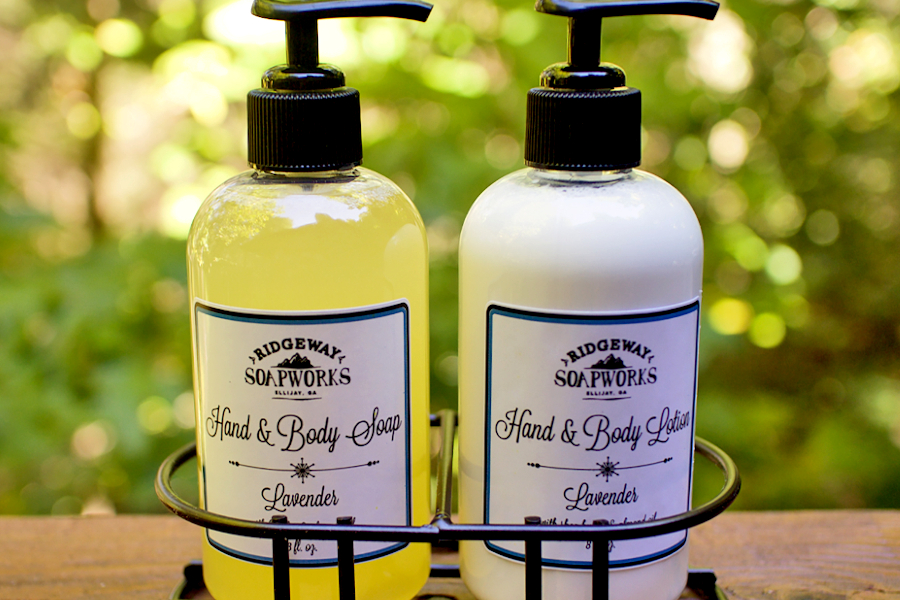
Liquid soap and hand sanitizers are great products – and they’re certainly the preferred choice in public bathrooms, for hygiene reasons. However, when it comes to buying them for your home, you can end up spending more money than you need to on packaging, so a simple solution is to switch to bar soap or just keep refilling your bottle when it becomes empty.
You can also buy liquid soap for considerably cheaper if you buy larger quantities, so why not pitch in with several family members and friends, then split it equally between you? Also, to ensure you’re maximizing your product, cut the bottle in half with scissors when it’s nearly empty, which will allow you to scoop every last drop up without it going to waste.
1. Toiletries
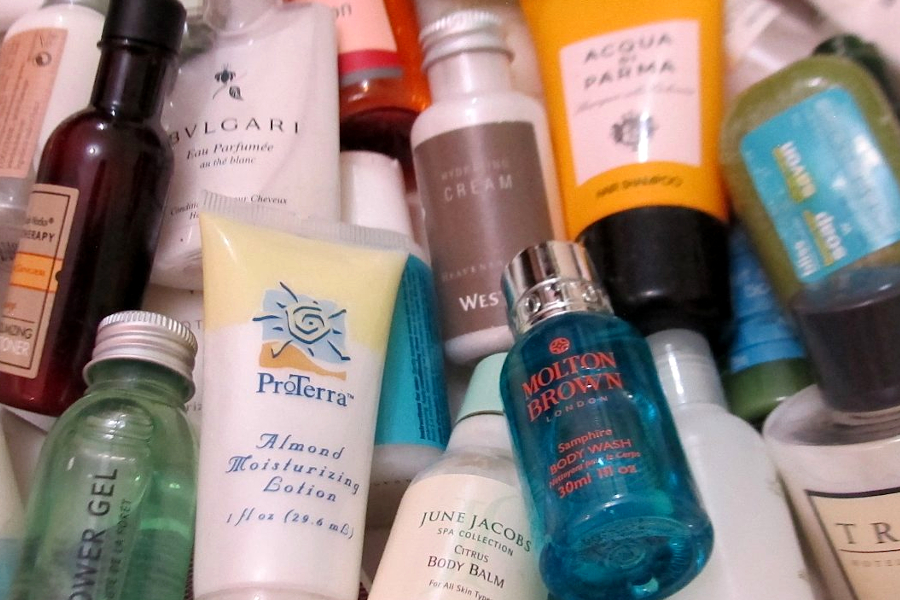
When it comes to toiletries, there is no noticeable difference when it comes to the effects a cheap option has on your body, as opposed to heavily marketed, popular, brand name products.
Don’t fall for marketing hype surrounding revolutionary technologies and ingredients – a hand cream is a hand cream, toothpaste is toothpaste and shampoo is shampoo. Of course, the very bottom of the barrel stuff should be avoided, as it probably barely went through any quality control, but any reasonably priced product will be more than enough to get the job you need done.

